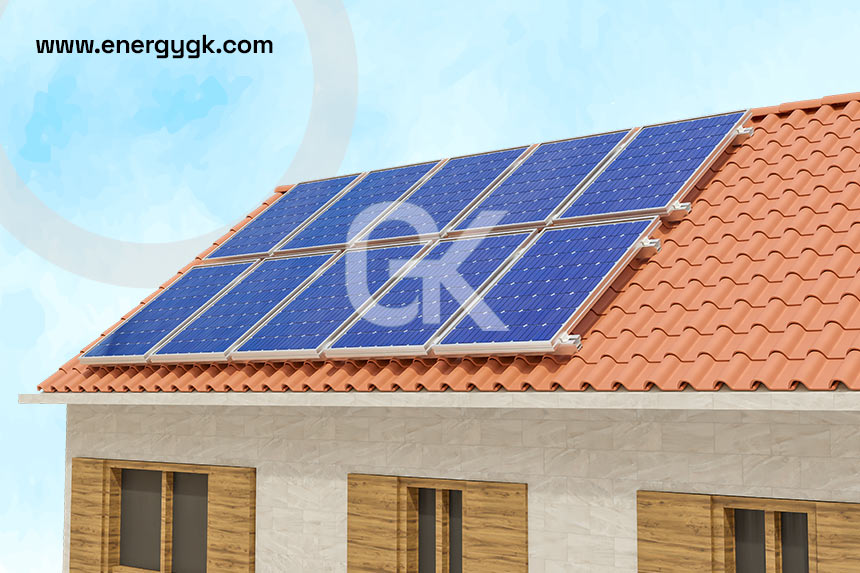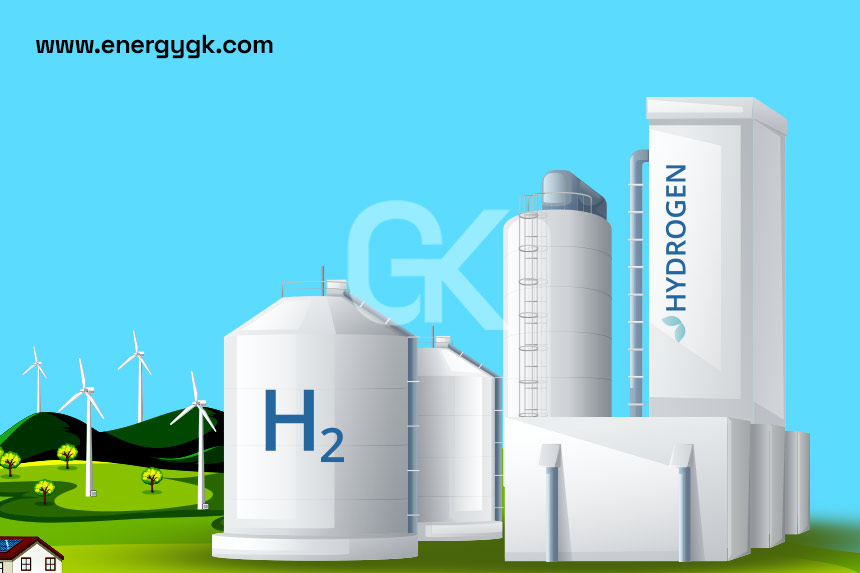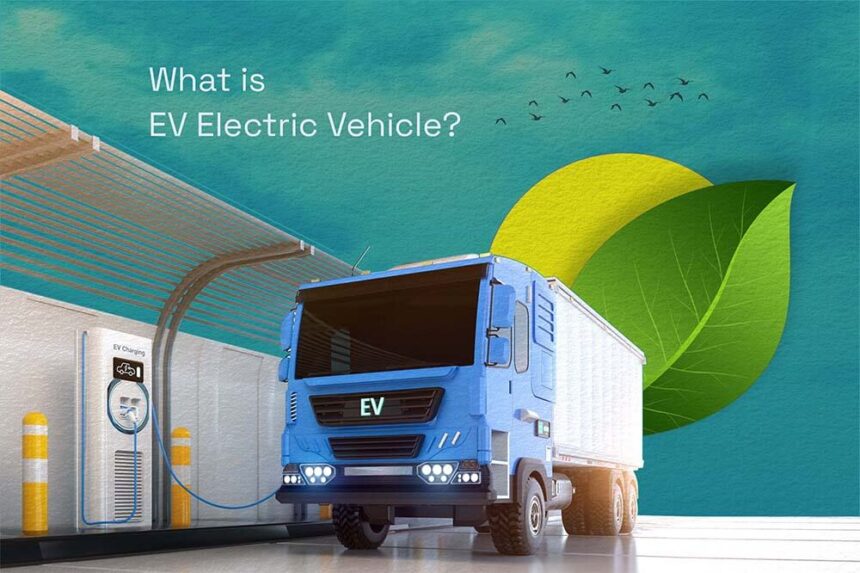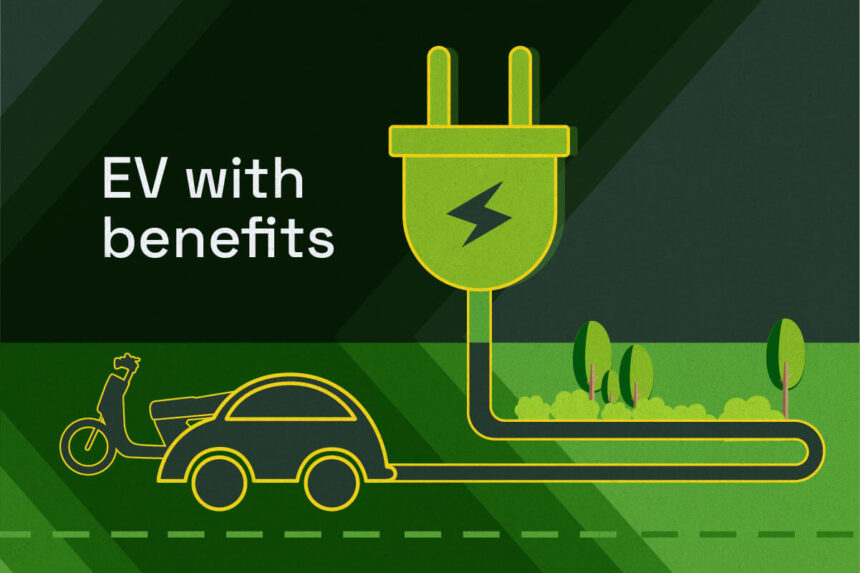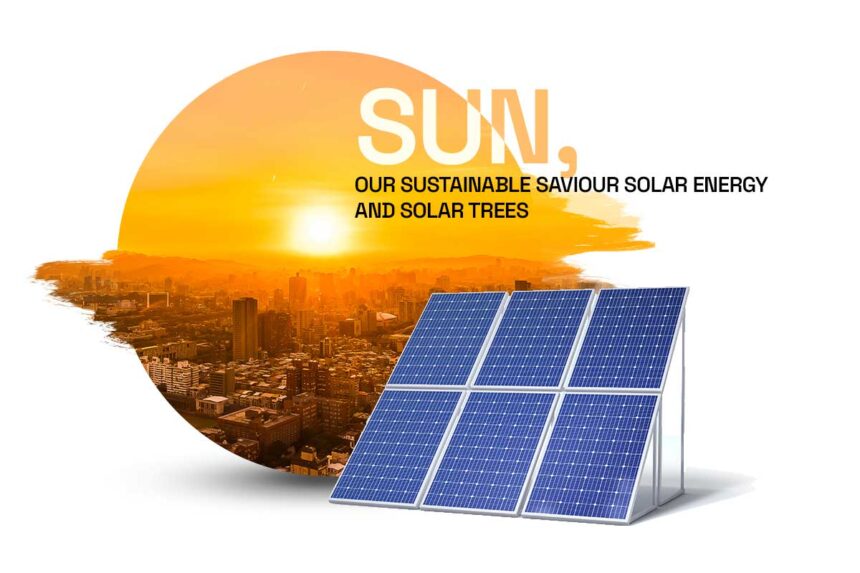With the increasing focus on sustainability and the urgent need to shift towards renewable energy sources, solar power has emerged as a popular choice for residential use. Harnessing the sun’s energy not only helps reduce carbon emissions but also provides numerous benefits for homeowners. In this article, we will explore the world of sustainable solar energy, offering tips and insights for residential use.
1. Introduction
Solar energy is derived from the sun’s radiation and can be converted into electricity or used directly as heat. It is a clean, renewable, and abundant source of power that can be harnessed using photovoltaic (PV) systems. By installing solar panels on rooftops or in open spaces, homeowners can generate their electricity, reduce their dependence on traditional power grids, and contribute to a greener future.
2. Benefits of Solar Energy for Residential Use
Reducing Electricity Bills
One of the primary benefits of using solar energy at home is the potential to significantly reduce electricity bills. As solar panels generate electricity from sunlight, homeowners can offset their energy consumption from the grid, resulting in substantial savings over time. In some cases, surplus energy generated by the solar system can even be sold back to the utility company, further lowering electricity costs.
Environmental Benefits
Embracing solar energy at the residential level has a positive impact on the environment. Unlike traditional energy sources, solar power produces no harmful emissions or greenhouse gases during operation. By opting for solar, homeowners contribute to the reduction of carbon footprints, helping combat climate change and promote cleaner air quality for future generations.
Energy Independence
Installing solar panels provides homeowners with a sense of energy independence. With solar power, homeowners are less reliant on the fluctuating costs of conventional electricity and the potential for power outages. By generating their electricity, homeowners gain control over their energy production, ensuring a more stable and reliable energy supply for their households.
3. Types of Solar Energy Systems for Homes
Before diving into the world of solar energy, it’s essential to understand the different types of solar energy systems available for residential use. The three main types are:
Grid-Tied Solar Systems
Grid-tied solar systems are the most common choice for homeowners.These systems are connected to the utility grid, allowing homeowners to draw electricity from the grid when their solar panels are not producing enough power. Conversely, when the solar panels generate excess electricity, it can be fed back into the grid, earning credits or compensation from the utility company. Grid-tied systems are cost-effective and require less maintenance since they do not require battery storage.
Off-Grid Solar Systems
Off-grid solar systems, also known as standalone systems, are designed to operate independently of the utility grid. They are typically used in remote areas where grid connection is not available or not feasible. Off-grid systems require battery storage to store excess energy generated during the day for use during the night or periods of low sunlight. These systems provide complete energy self-sufficiency but require careful sizing and planning to ensure reliable power supply.
Hybrid Solar Systems
Hybrid solar systems combine the best of both grid-tied and off-grid systems. They are connected to the utility grid but also have battery storage to provide backup power during grid outages. Hybrid systems allow homeowners to maximize self-consumption of solar energy, store excess energy for later use, and have backup power when needed. These systems provide flexibility and reliability, making them a popular choice for homeowners looking for both grid independence and backup power options.
4. Factors to Consider Before Installing Solar Panels
While solar energy offers numerous benefits, several factors need to be considered before installing solar panels on your property. These factors include:
Roof Orientation and Shading
The orientation and tilt angle of your roof play a crucial role in optimizing solar panel performance. Ideally, roofs facing south receive the most sunlight throughout the day, maximizing energy production. Shading from trees, nearby buildings, or other obstructions can reduce the efficiency of solar panels, so it’s important to assess the shading potential before installation.
Available Space
The amount of available space on your roof or property will determine the size and capacity of your solar system. Typically, solar panels require a significant amount of space to generate sufficient electricity. If your roof does not have enough space or is not suitable for solar panel installation, ground-mounted systems can be considered.
Budget and Financing Options
Solar panel installation involves upfront costs, including equipment, installation, and permits. It’s important to determine your budget and explore financing options such as loans, leases, or power purchase agreements (PPAs). Many jurisdictions offer incentives and rebates that can help offset the initial investment.
Local Regulations and Permits
Before installing solar panels, it’s crucial to research local regulations and obtain the necessary permits. Building codes, homeowner association rules, and utility interconnection requirements vary by location. Ensuring compliance with these regulations will help avoid potential issues and ensure a smooth installation process.
5. Steps to Install Solar Panels
Installing solar panels on your property requires careful planning and execution. Here are the key steps involved in the installation process:
Energy Audit and Consumption Analysis
Before installing solar panels, conduct an energy audit to understand your household’s electricity consumption patterns. This analysis will help determine the size and capacity of the solar system required to meet your energy needs. By analyzing your energy consumption, you can optimize the solar system design for maximum efficiency.
Choosing a Reliable Solar Installer
Selecting a reputable and experienced solar installer is crucial for a successful installation. Research and compare multiple installers, read reviews, and request quotes to ensure you choose a qualified professional who understands local regulations and can provide quality workmanship.
System Design and Sizing
Working with your chosen installer, develop a solar system design that suits your specific requirements. The design will consider factors such as roof orientation, available space, and energy consumption. The installer will determine the optimal number of solar panels and their placement to maximize energy production.
Installation Process
Once thesystem design is finalized, the installation process begins. This involves mounting the solar panels on the roof or ground, connecting them with wiring, and securing them in place. The installer will also install the necessary electrical components, such as inverters and meters, to convert the solar energy into usable electricity and monitor system performance.
Connection to the Electrical Grid
For grid-tied systems, the final step is to connect the solar system to the electrical grid. This involves obtaining permission from the utility company and installing a bi-directional meter that can measure both the electricity consumed from the grid and the surplus energy fed back into the grid. Once the system is connected, you can start enjoying the benefits of solar energy while remaining connected to the grid as a backup.
6. Maintaining and Monitoring Your Solar System
To ensure optimal performance and longevity of your solar system, regular maintenance and monitoring are essential. Here are some key aspects to consider:
Regular Cleaning and Inspection
Solar panels can accumulate dirt, dust, or debris over time, reducing their efficiency. Regularly clean the panels with water and a soft brush to remove any obstructions. Additionally, conduct periodic inspections to check for any damage or loose connections and address them promptly.
Monitoring Energy Production
Monitoring the energy production of your solar system allows you to track its performance and identify any issues or inefficiencies. Many solar systems come with monitoring software or apps that provide real-time data on energy generation, consumption, and system health. By staying informed, you can quickly address any issues and optimize your energy usage.
System Upgrades and Repairs
Over time, you may consider upgrading your solar system to take advantage of advancements in technology or increase its capacity. Additionally, if any components of your system malfunction or require repair, contact a professional solar technician to assess and fix the issue. Timely repairs and upgrades ensure the continued efficiency and reliability of your solar system.
7. Maximizing Solar Energy Efficiency
Apart from the installation and maintenance of your solar system, there are other measures you can take to maximize the efficiency of solar energy in your home:
Energy-Efficient Appliances and Lighting
Invest in energy-efficient appliances and LED lighting to reduce your overall energy consumption. Energy-efficient appliances consume less electricity, allowing your solar system to meet a larger portion of your energy needs. LED lighting is highly efficient and has a longer lifespan than traditional incandescent bulbs, resulting in energy savings over time.
Smart Energy Management Systems
Implementing smart energy management systems can help optimize your energy usage. These systems use advanced technologies, such as smart thermostats and energy monitoring devices, to track and control your energy consumption. By adjusting settings and schedules based on your energy production and usage patterns, you can maximize the efficiency of your solar system.
Battery Storage Solutions
Installing battery storage along with your solar system allows you to store excess energy generated during the day for use during the night or when the demand exceeds solar production. Battery storage provides backup power during grid outages, enhances self-consumption, and maximizes the benefits of solar energy.
Time-of-Use Tariffs
Some utility companies offer time-of-use tariffs, where electricity rates vary based on the time of day. By adjusting your energy consumption to off-peak hours when electricity rates are lower, you can optimize your savings and maximize the benefits of your solar system.
8. Solar Energy Incentives and Rebates
To encourage the adoption of solar energy, various incentives and rebates are available at the federal, state, and local levels. These incentives can help reduce the upfront costs of installing solar panels and provide financial benefits. Some common incentives include:
Federal Tax Credits
The federal government offers a solar Investment Tax Credit (ITC) that allows homeowners to deduct a percentage of the cost ofsolar panel installation from their federal taxes. The ITC has been a significant driver in making solar energy more affordable for residential use.
State and Local Incentives
Many states and local governments provide additional incentives to promote solar energy adoption. These incentives may include cash rebates, property tax exemptions, sales tax exemptions, and low-interest loans. Research the incentives available in your area to take full advantage of the financial benefits.
Solar Renewable Energy Certificates (SRECs)
In some states, homeowners can earn Solar Renewable Energy Certificates (SRECs) for the electricity generated by their solar panels. These certificates can be sold to utilities or other entities to meet renewable energy targets. By participating in SREC programs, homeowners can earn additional income from their solar system.
9. Common Myths and Misconceptions about Solar Energy
Despite the growing popularity of solar energy, there are still some common myths and misconceptions that persist. Let’s debunk a few of them:
Solar Panels Are Too Expensive
While the upfront cost of solar panel installation can seem significant, prices have significantly decreased over the years. Additionally, the long-term savings on electricity bills and the various incentives available often make solar panels a cost-effective investment. With proper financing options, homeowners can enjoy the benefits of solar energy without breaking the bank.
Solar Panels Do Not Work in Cloudy or Cold Climates
Solar panels can still generate electricity even on cloudy days, although their efficiency may be slightly reduced. As for cold climates, solar panels actually work more efficiently in cooler temperatures. The key factor for solar energy generation is sunlight, not necessarily heat, making solar panels suitable for a wide range of climates.
Solar Energy Is Inefficient
Advancements in solar technology have significantly improved the efficiency of solar panels. Modern solar panels have higher conversion rates, meaning they can convert a higher percentage of sunlight into electricity. Additionally, combining solar energy with energy-efficient practices and storage solutions can further optimize its efficiency.
10. Conclusion
Harnessing the power of sustainable solar energy for residential use offers numerous benefits, including reduced electricity bills, environmental preservation, and energy independence. By understanding the different types of solar energy systems, considering key factors before installation, and following proper maintenance practices, homeowners can enjoy the long-term advantages of solar power. With incentives and rebates available, solar energy is becoming increasingly accessible and affordable. Embracing solar energy not only benefits individual households but also contributes to a cleaner and greener future for all.
11. FAQs
Q1: Are solar panels suitable for all types of roofs?
Yes, solar panels can be installed on various types of roofs, including asphalt shingle, metal, tile, and flat roofs. The suitability may depend on factors such as roof orientation, shading, and structural integrity. Consult with a professional solar installer to assess the feasibility and best installation approach for your specific roof type.
Q2: How long do solar panels last?
Solar panels are built to be durable and typically come with warranties ranging from 20 to 25 years. However, solar panels can last even longer with proper maintenance and care. It’s not uncommon for well-maintained solar panels to continue generating electricity for 30 years or more.
Q3: Can I install solar panels myself, or should I hire a professional?
While it is possible to install solar panels yourself, it is highly recommended to hire a professional solar installer. Solar panel installation involves electrical work and requires knowledge of local regulations and permits. A professional installer ensures the system is installed correctly, safely, and in compliance with all requirements.
Q4: Will my solar system work during a power outage?
For grid-tied solar systems without battery storage, the solar panels will not generate electricity during a power outage. This is a safety feature to protect utility workers who might be repairing power lines. However, if you have a hybrid solar system with battery storage, you can still have power during an outage. The battery will provide backup power to essential loads in your home, keeping you powered even when the grid is down.
Q5: Can I expand my solar system in the future?
Yes, it is possible to expand your solar system in the future. If you have available space on your roof or property and your electrical system can accommodate additional capacity, you can add more solar panels to your existing system. However, it’s important to consult with a professional solar installer to assess the feasibility and ensure proper system design and integration.
Q6: How do solar panels perform in extreme weather conditions?
Solar panels are designed to withstand various weather conditions, including rain, snow, and high winds. They are built with durable materials that can withstand outdoor exposure. However, extreme weather events like hurricanes or hailstorms can potentially damage solar panels. In such cases, insurance coverage can help protect your investment. Additionally, regular inspections and maintenance can identify and address any weather-related damage promptly.
Remember to consult with a professional solar installer and do thorough research before making any decisions regarding solar panel installation. With careful planning, proper maintenance, and taking advantage of available incentives, you can harness the power of sustainable solar energy for your residential needs.


